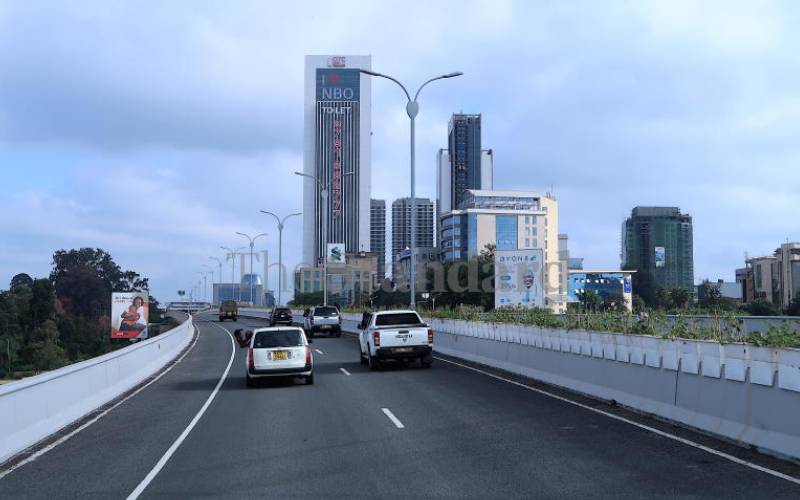×
The Standard e-Paper
Join Thousands Daily

On Saturday last week, I decided to be among the pioneer users of the Nairobi Expressway.
It took me an average of 20 minutes to drive from Westlands to Mlolongo. I noted that like parking, you pick a ticket as you enter and pay at the exit.